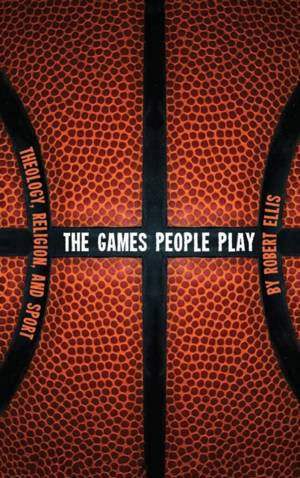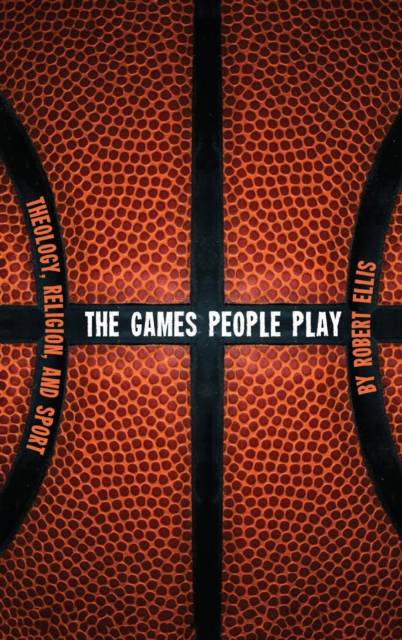
- Afhalen na 1 uur in een winkel met voorraad
- Gratis thuislevering in België vanaf € 30
- Ruim aanbod met 7 miljoen producten
- Afhalen na 1 uur in een winkel met voorraad
- Gratis thuislevering in België vanaf € 30
- Ruim aanbod met 7 miljoen producten
Zoeken
€ 97,45
+ 194 punten
Uitvoering
Omschrijving
In The Games People Play, Robert Ellis constructs a theology around the global cultural phenomenon of modern sport, paying particular attention to its British and American manifestations. Using historical narrative and social analysis to enter the debate on sport as religion, Ellis shows that modern sport may be said to have taken on some of the functions previously vested in organized religion. Through biblical and theological reflection, he presents a practical theology of sport's appeal and value, with special attention to the theological concept of transcendence. Throughout, he draws on original empirical work with sports participants and spectators. The Games People Play addresses issues often considered problematic in theological discussions of sport such as gender, race, consumerism, and the role of the modern media, as well as problems associated with excessive competition and performance-enhancing substances. As Ellis explains, "Sporting journalists often use religious language in covering sports events. Salvation features in many a headline, and talk of moments of redemption is not uncommon. Perhaps, somewhere beyond the cliched hyperbole, there is some theological truth in all this after all."
Specificaties
Betrokkenen
- Auteur(s):
- Uitgeverij:
Inhoud
- Aantal bladzijden:
- 336
- Taal:
- Engels
Eigenschappen
- Productcode (EAN):
- 9781498258302
- Verschijningsdatum:
- 21/04/2014
- Uitvoering:
- Hardcover
- Formaat:
- Genaaid
- Afmetingen:
- 152 mm x 229 mm
- Gewicht:
- 616 g

Alleen bij Standaard Boekhandel
+ 194 punten op je klantenkaart van Standaard Boekhandel
Beoordelingen
We publiceren alleen reviews die voldoen aan de voorwaarden voor reviews. Bekijk onze voorwaarden voor reviews.











